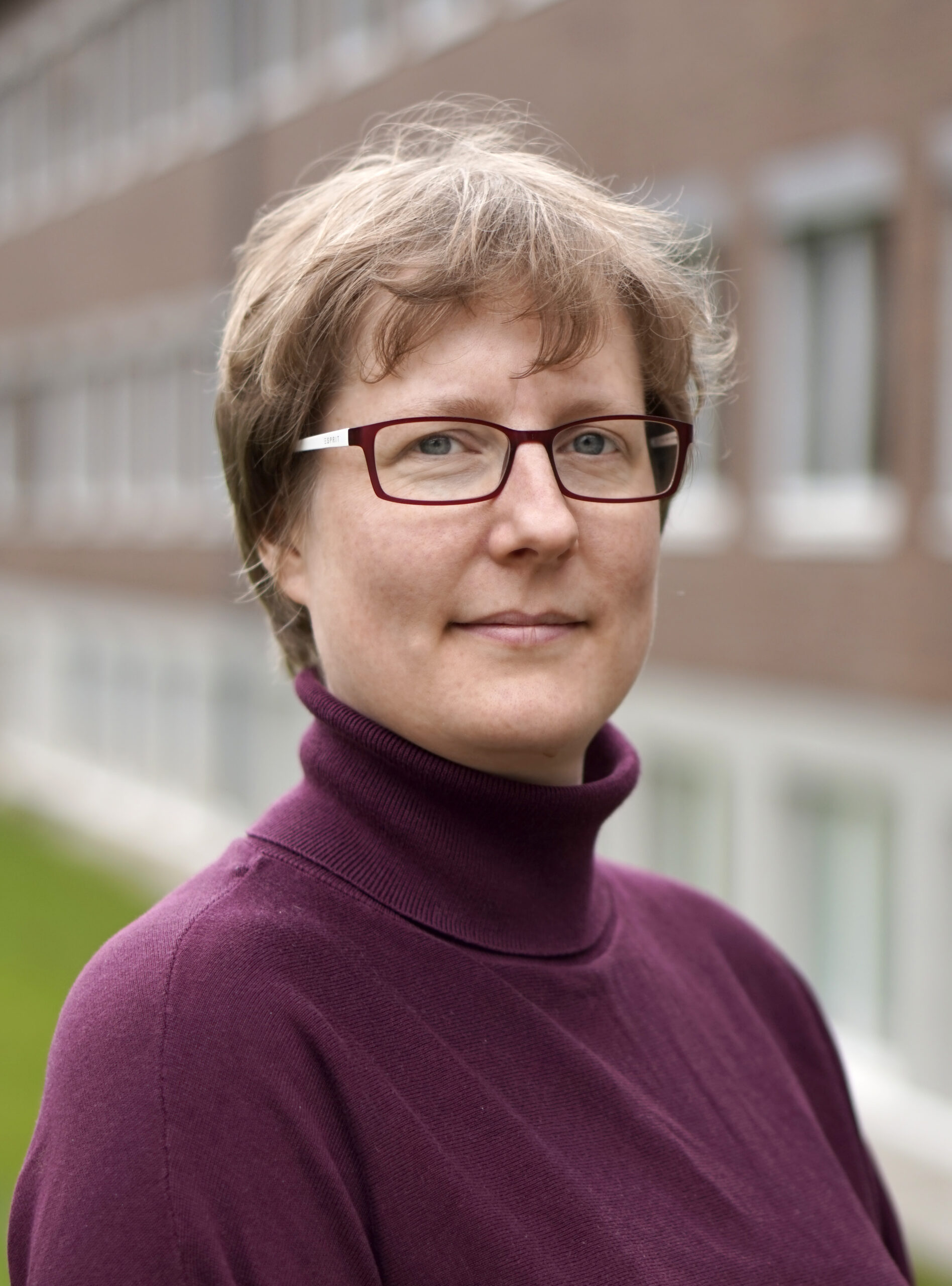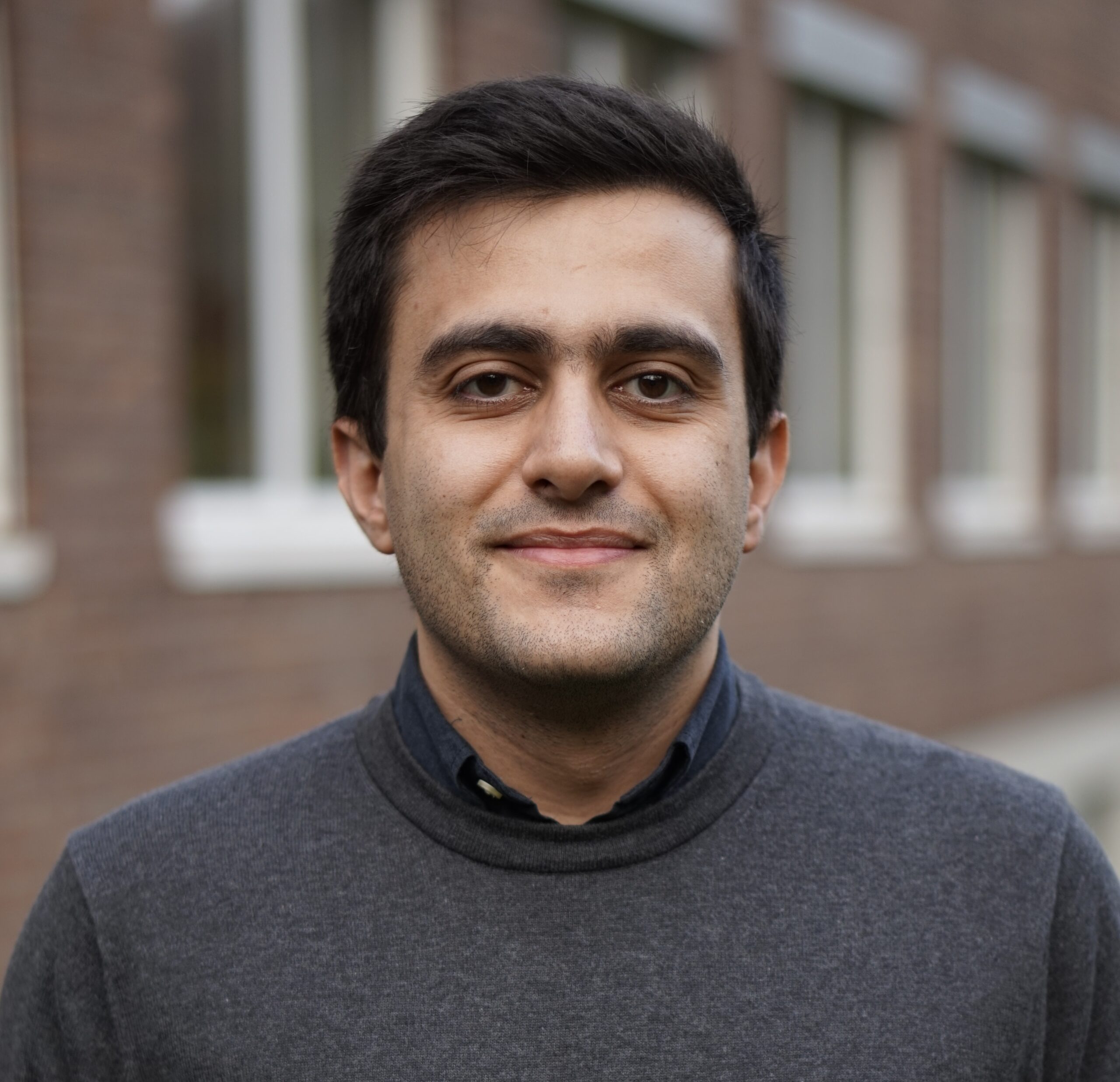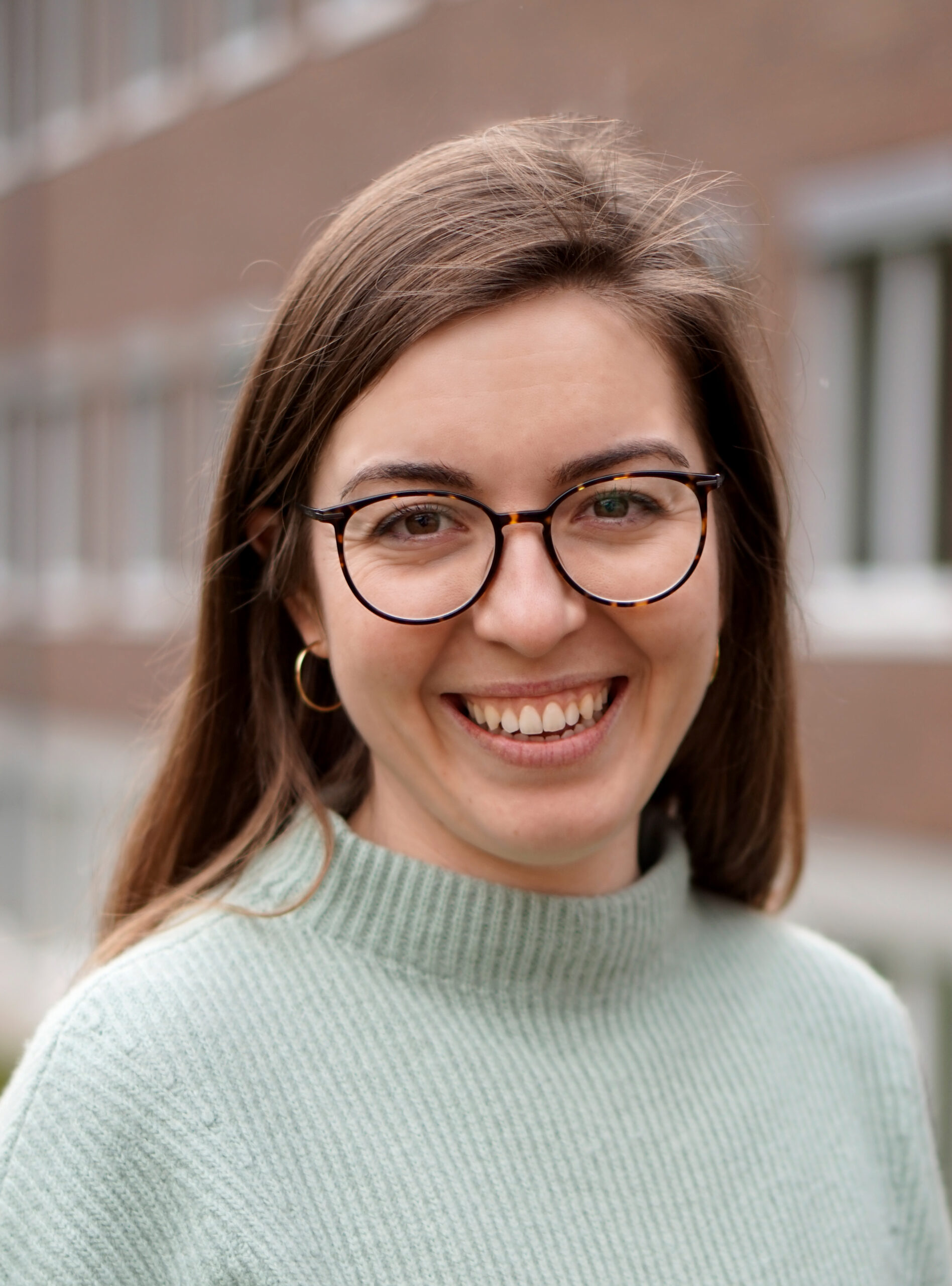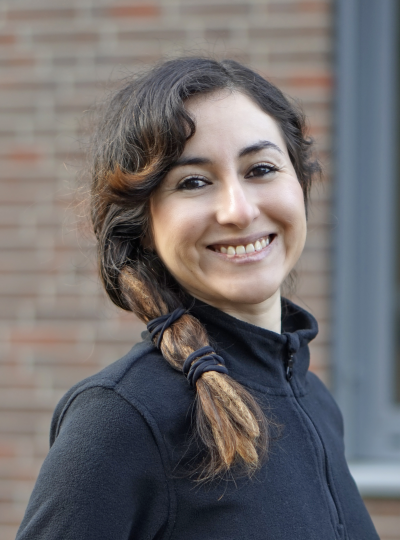The Thünen Institute is one of four German federal research institutes under the auspices of the German Federal Ministry of Food and Agriculture (BMEL). Employing around 900 researchers, the Institute drafts scientific decision-making tools supporting the policies of the German federal government and thus serves, with its application oriented and practice related research, the development of the society of tomorrow. The Thünen Institute has an interdisciplinary profile with scientific, technological and socio-economic expertise, that are pooled in 19 thematic areas of 3 main domains of “natural resources and protected goods”, “production and utilization systems”, “economy, society and politics” across the 15 institutes.
Researchers from the Institute of Farm Economics and the Institute of Market Analysis participate in the Act4CAP27 project with their models CAPRI, AGMEMOD, and MAGNET. The main focus is module development for these models to improve the analysis of future policies impacting agriculture. Scenarios of future policies are conducted to apply these modules in WP6 lead by the Institute of Farm Economics.
ACT4CAP27 project information on the partner’s website in English or in national language:

Verena Laquai studied agricultural science and agricultural economics in Germany, the US, Sweden and Belgium. She holds a Ph.D. in Agricultural economics from Göttingen University (Dr. sc. Agr.) and is employed at the Thünen Institute since 2012. Her main research concentrates on economic modelling with the PE model AGMEMOD (international coordination of AGMEMOD consortium from Thünen-side, development and updating the model, baseline and policy assessments) as well as monitoring and analyzing grain and oilseed markets.

Davit Stepanyan holds a PhD in Agricultural Sciences from Humboldt University in Berlin and a Master’s degree in Agricultural Economics from the University of Hohenheim. In 2018, he participated in the YSSP program organized by IIASA, where he received an Honorable Mention for integrating the Gaussian Quadratures method of uncertainty analysis into GLOBIOM. Since 2020, he has been employed by the Thünen Institute, where his main responsibilities include analyzing EU and German agricultural and environmental policies using the CAPRI model. Davit is also a visiting lecturer at Humboldt University in Berlin.

Ferike Thom has studied Economics and Agricultural Economics in Berlin, Germany and Madrid, Spain. She is a doctoral researcher and has been employed at the Thünen Institute of Farm Economics since 2023. Her research focuses on consumer behavior and dietary patterns. She is also interested in trade policy in the agricultural sector, its impact on the development of sector competitiveness and on global greenhouse gas emissions. She has experience in using and developing static and dynamic general equilibrium models as well as in highly complex partial equilibrium models.

Karen Arcia holds an M.Sc. in International Horticulture from Leibniz University Hannover. She is a Doctoral Researcher at the University of Göttingen and has been employed at the Thünen Institute since 2025. Her work at Thünen contributes to advancing the EU's goals for sustainable food systems within the CAP post-2027 framework. Through her involvement in ACT4CAP27 project, she is exploring how future agri-food policies can address sustainability challenges by identifying gaps in modeling tools, evaluating policy changes (with the PE model AGMEMOD), and providing evidence-based insights aligned with EU sustainability objectives.